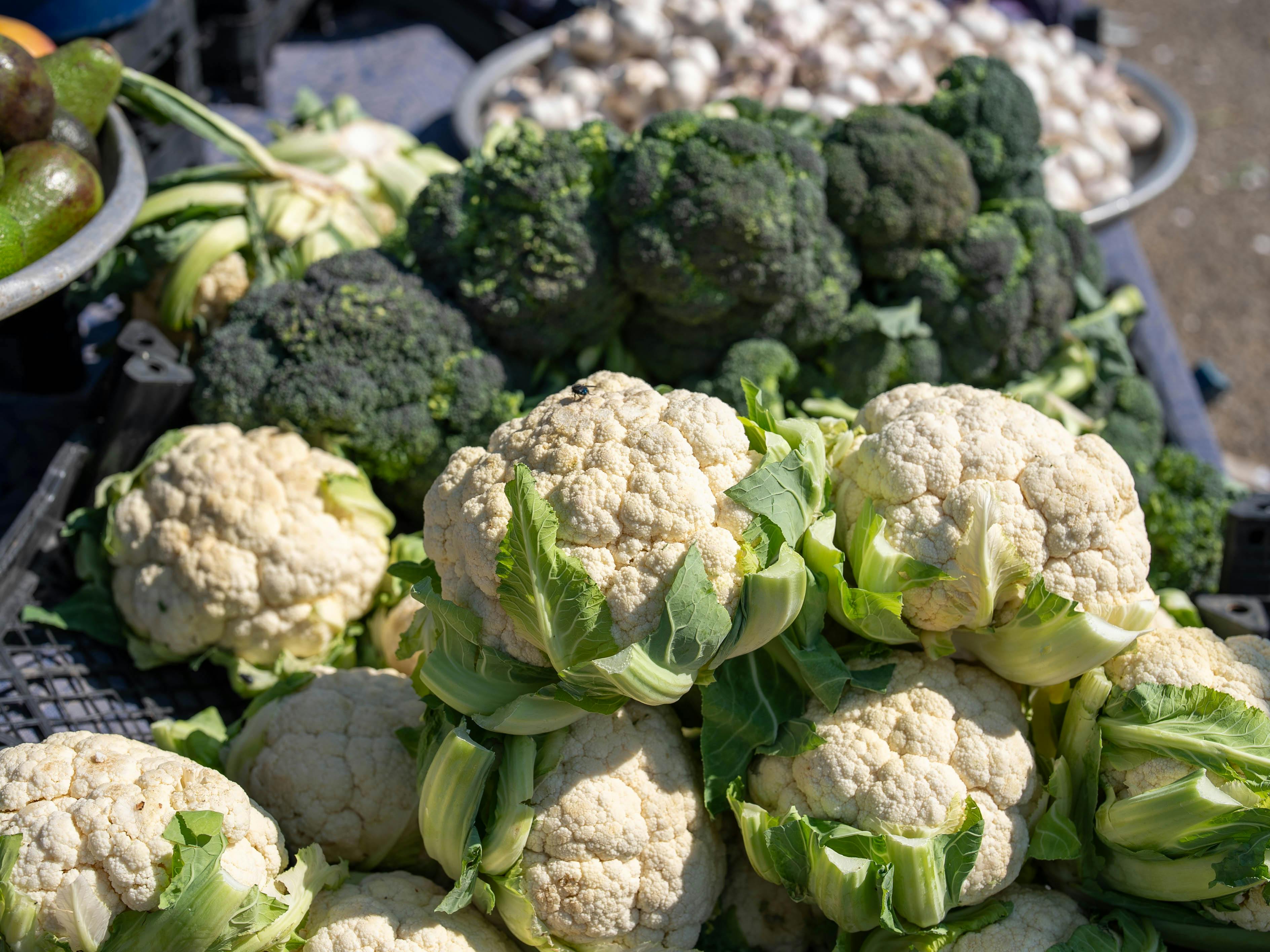Effective Ways to Overcome Keto Insomnia in 2025

Apply Now


Understanding Keto Insomnia: Causes and Effects
In the context of the keto diet, many individuals experience unexpected sleep disturbances that can lead to insomnia. Understanding the root of these sleep problems on keto is essential for successfully navigating this lifestyle. Studies indicate that the transition to a ketogenic lifestyle alters hormonal balances and metabolic processes, potentially impacting sleep quality. Keto insomnia can manifest as difficulty falling asleep, frequent awakenings during the night, or waking up feeling unrefreshed. Sleep problems on keto often stem from several key factors. First, the diet's low-carb nature can affect blood sugar levels, which are crucial for a stable sleep cycle. This fluctuation may lead to heightened cortisol levels, a hormone associated with stress. Additionally, while the diet promotes ketosis, wherein the body burns fat for fuel instead of carbohydrates, it can also result in temporary nutrient deficiencies that exacerbate insomnia. Understanding these insomnia causes is crucial for tackling sleep issues effectively. Furthermore, emotional fluctuations and anxiety can arise in those adapting to the ketogenic lifestyle, leading to poor sleep quality. A significant aspect of keto is the requirement for proper hydration and electrolyte balance, as dehydration and imbalances can contribute to restless nights. By identifying these root causes, individuals can take steps to improve sleep on keto effectively.Practical Tips for Improving Sleep on Keto
Having laid the foundation regarding insomnia causes on keto, we can explore practical strategies to enhance sleep quality. A notable starting point is the implementation of a consistent pre-sleep routine designed to promote relaxation. Creating a calming nighttime routine keto can significantly aid in signaling your body that it’s time to wind down. Techniques such as reading, gentle stretching, or meditation can help facilitate a more peaceful transition to sleep. In addition, one of the most effective dietary changes involves incorporating adequate amounts of dietary fiber and healthy fats for sleep. Foods rich in magnesium, such as avocados, nuts, and leafy greens, provide crucial nutrients that promote relaxation and restful sleep keto. Moreover, avoiding caffeine and sugar in the hours leading up to bedtime can prevent spikes in blood sugar levels, which might otherwise disrupt the sleep cycle. Keto-friendly teas, such as chamomile or valerian root, can also support relaxation before bed. These calming foods keto not only provide hydration but also help soothe the mind, reinforcing the connection between diet and rest. When facing carb cravings at night, opting for keto snacks for sleep, like a small handful of nuts or cheese, can satisfy cravings without compromising sleep.Keto Insomnia Remedies and Supplements
With the foundation of practical strategies established, it's essential to delve into specific remedies and supplements that can positively influence sleep patterns within a ketogenic framework. Certain sleep supplements may provide relief for those grappling with keto insomnia treatment. Ingredients such as melatonin have gained attention for their potential to regulate sleep cycles. However, this should be approached with care, and it's advisable to consult a healthcare professional regarding any supplement use. Keto also offers a selection of ketogenic herbs for sleep that can help ease anxiety and foster a relaxed state before bedtime. Herbs like lavender and passionflower can be incorporated into evening routines, promoting better sleep without adverse effects of over-the-counter sleeping pills and keto combinations. Additionally, practicing mindful eating for sleep involves assessing what and when you consume food. This enables individuals to sync sleep with diet, a holistic strategy crucial for effective insomnia management keto. By focusing on the timing of meals and beverages, individuals can make meaningful adjustments that enhance overall sleep quality.Understanding the Impact of Keto on Sleep Quality
Connecting back to the earlier discussion on the relationship between diet and rest, it becomes evident that the keto diet significantly influences sleep quality. A properly managed ketogenic diet can lead to improvements in both energy levels and sleep. For instance, bodies in ketosis often report better energy levels during the day, which can translate to more restful, uninterrupted sleep at night. However, it’s critical to observe how keto affects sleep at an individual level. Some may experience adverse consequences, such as sleep apnea keto due to weight fluctuations commonly associated with the diet. Thus, monitoring weight and health markers while on keto is vital to achieve optimal sleep patterns. Individuals experiencing sleep deprivation and diet-related fatigue should not hesitate to evaluate their keto meal plans. Seeking advice from health professionals and nutritionists can help fine-tune dietary approaches that align best with personal needs.Holistic Techniques for Managing Insomnia on Keto
As you evaluate the effects of the ketogenic diet on your sleep, considering holistic approaches provides a valuable perspective. Initiatives like stress-relief foods, which include omega-3-rich options like salmon and chia seeds, can positively impact emotional well-being keto. These options are ideal for combating anxiety, which can directly interfere with sleep quality. Meditation for sleep, when integrated into daily routines, enhances the mind-body connection and can alleviate the stress associated with transitioning to a ketogenic lifestyle. Simple techniques such as mindful breathing or guided meditation can lead to significant stress relief, promoting a more tranquil sleep environment. Moreover, adopting a consistent sleep schedule can dramatically improve insomnia management keto. Regulating sleep cycles enables the body to adjust naturally to sleep, promoting restorative sleep. This optimization of sleep patterns is vital as couples with poor sleep quality often notice a detrimental effect on cognitive functions and overall quality of life.Conclusion: Embracing Restful Sleep in Your Keto Journey
In conclusion, navigating sleep issues associated with the keto diet requires a multifaceted approach that encompasses dietary choices, environmental factors, and holistic practices. By understanding the insomnia causes and implementing effective solutions such as the keto insomnia remedies discussed, individuals can achieve improved rest and overall wellbeing. Creating a personalized nighttime routine, adopting mindful food choices, and exploring supplements can significantly impact the quality of sleep. Remember, as you continue your ketogenic journey, prioritizing restful sleep is essential not only for your physical health but also for cognitive agility and emotional balance. By embracing these keto sleep tips and considering how keto impacts sleep, anyone can experience a harmonious relationship with this dietary lifestyle.
